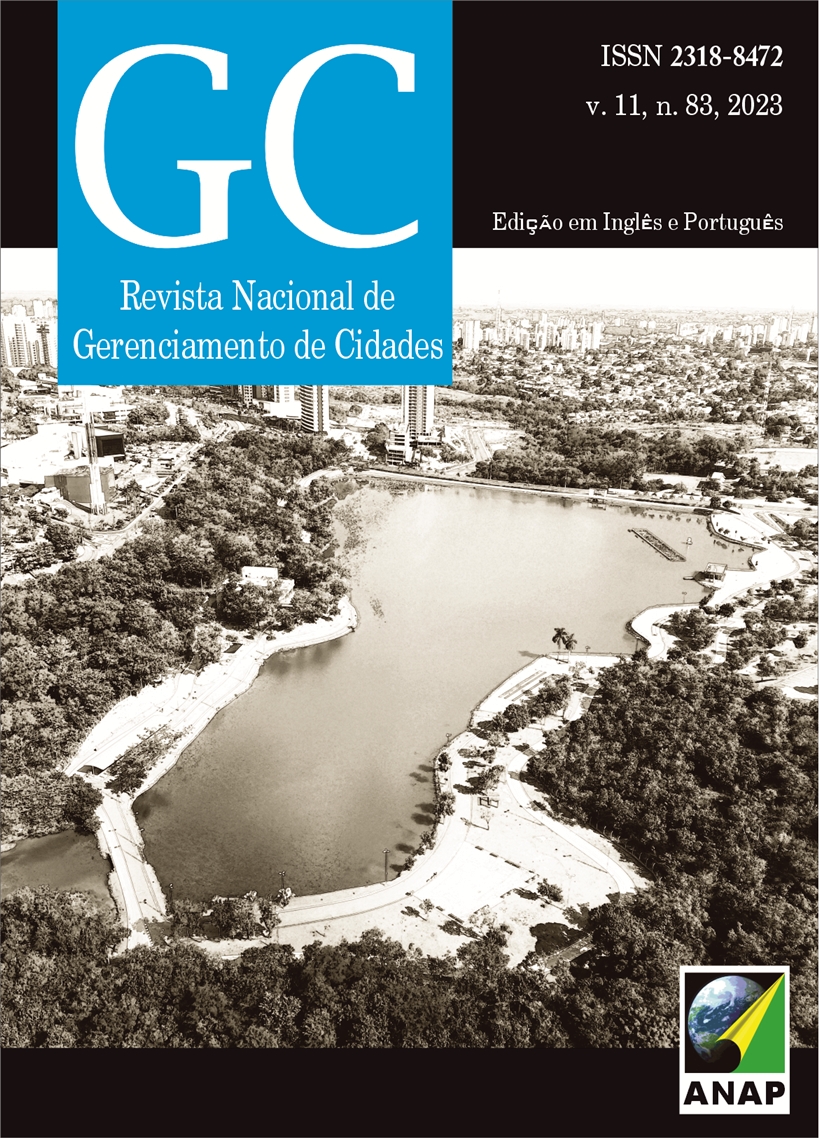Participatory approach and Nature-based Solutions (NbS) as resilience and revitalization strategies in watersheds
DOI:
https://doi.org/10.17271/23188472118320234703Palabras clave:
Soil conservation, Permanent Preservation Areas, EcohydrologyResumen
In the face of climate change, adopting participatory, integrative, and systemic management approaches capable of regulating hydrological, ecosystemic, and social interactions and redefining urban and rural planning, transitioning from the municipal scale to a micro and sub-basin approach, is crucial to ensure water security and resilience to extreme weather events. The revitalization of watersheds through adaptive management of natural resources, is fundamental because it allows for environmental recovery and conservation, the provision of ecosystem services and water resources for multiple uses. This work aimed to present proposals for the watershed of the Jaú River, São Paulo/BR. In 2022, the city of Jaú was hit by an unprecedented flood, which made it clear the mistakes made in urbanization, especially those related to the occupation of the floodplain by roads and buildings. Through a participatory methodology, with the support of the Tietê-Jacaré Watershed Committee and the involvement of municipalities, the productive sector, and civil society organizations, guidelines were defined to mitigate impacts and prevent new occurrences. Considering that the Jaú River is an important source of public water supply, providing water for more than 57 thousand people, the proposed actions are based on principles of nature-based solutions aiming to maintain the natural properties of riverbeds, maximize permeability, recover riparian forests along watercourses, and ensure appropriate land use and conservation practices..
Descargas
Descargas
Publicado
Número
Sección
Licencia

Esta obra está bajo una licencia internacional Creative Commons Atribución-NoComercial-CompartirIgual 4.0.














